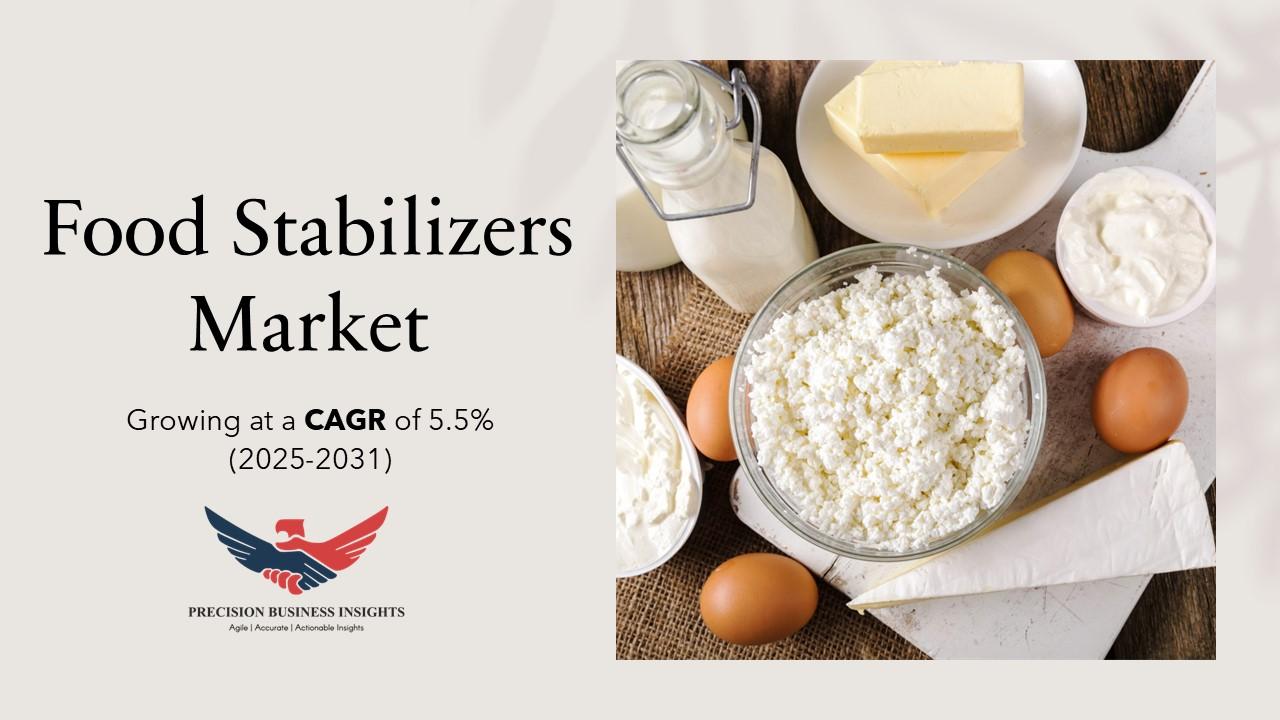How to Prevent Relapse After Rehab in Lahore
The Best Rehabilitation Center in Lahore plays a vital role in helping individuals begin their journey to recovery. But let’s be honest — recovery doesn’t end when you walk out of the center’s gates. Real life begins after rehab, and that’s when relapse can creep in if you’re not prepared.
Understanding Relapse
What is Relapse?
Relapse means returning to substance use after a period of sobriety. It’s not failure — it’s a signal that you need to re-evaluate your recovery strategy.
Common Causes of Relapse
Relapse often stems from stress, loneliness, negative emotions, or being in places where you used to use drugs or alcohol. Sometimes even a celebration can trigger it.
Early Warning Signs to Watch For
You might feel restless, isolate yourself, skip meetings, or start romanticizing your past substance use. These are early red flags.
The Role of the Best Rehabilitation Center in Lahore
The Best Rehabilitation Center in Lahore doesn't just treat addiction — it helps prevent relapse through post-treatment support.

Structured Aftercare Planning
Centers like Ghamkol Decent Rehab Centre develop personalized aftercare plans. These include counseling, medical reviews, and support groups tailored to your journey.
Continued Therapy Sessions
Even after discharge, regular therapy keeps you grounded and focused on your progress. Think of it as a mental health gym.
Ongoing Medical Support and Monitoring
Rehab centers monitor your health through regular check-ins, ensuring you're physically and emotionally stable.
Building a Strong Support Network
Family Involvement in Recovery
Your family can be your backbone — if they understand your struggle. Involving them in therapy builds empathy and trust.
Peer Support and Group Therapy
You’re not alone. Group sessions with fellow survivors offer motivation and shared strategies for coping.
Benefits of Sober Living Communities
Living with people on the same path can keep you accountable and eliminate everyday temptations.
Coping Mechanisms and Lifestyle Changes
Stress Management Techniques
Deep breathing, yoga, or even a simple walk can lower stress. Manage stress before it manages you.
Healthy Routine and Structure
Routine gives you direction. Wake up, eat, work, rest, repeat. Chaos can quickly lead to old habits.
Avoiding Triggers and High-Risk Situations
Know your limits. Stay away from bars, old friends who use, or even stressful family gatherings.
Importance of Therapy in Relapse Prevention
Cognitive Behavioral Therapy (CBT)
CBT helps you reframe negative thoughts and create healthier reactions. It’s like rewiring your brain.
Motivational Enhancement Therapy (MET)
This boosts your motivation to stick with recovery. You build confidence, set goals, and push forward.
Trauma-Informed Care
Many turn to substances to escape trauma. Addressing trauma is key to lasting recovery.
Staying Accountable Post-Rehab
Regular Follow-Up Appointments
These aren't just check-ins — they’re lifelines. They help you stay on track and catch problems early.
Journaling and Self-Monitoring
Write how you feel daily. It reveals patterns and keeps you honest about your progress.
Progress Reviews with Professionals
Regular progress assessments let you celebrate wins and fix weaknesses.
Community Resources in Lahore
Local Support Groups and Hotlines
Groups like Narcotics Anonymous meet regularly in Lahore. Local helplines offer emergency support.
Relapse Prevention Workshops
Workshops provide tools and new insights on staying clean. Many are free or low-cost.
Government and NGO Support
Some government programs and NGOs in Pakistan offer ongoing recovery help.
Digital Tools and Apps
Mobile Apps for Sobriety Tracking
Apps like Sober Time track your sober days, log triggers, and motivate with milestones.
Online Forums and Virtual Meetings
Can’t make it to a meeting? Join online forums or attend Zoom recovery meetings.
24/7 Relapse Prevention Helplines
Hotlines give you instant help when cravings hit hard.
Personalized Relapse Prevention Plan
Creating a Written Action Plan
Write a clear plan for what you’ll do when temptation hits. Preparation is protection.
Identifying Personal Triggers
Know what sets you off. Then build strategies around avoiding or handling those triggers.
Setting Achievable Recovery Goals
Small wins add up. Set daily, weekly, and monthly goals that push you forward.
Long-Term Lifestyle Commitment
Nutrition and Physical Health
Healthy food and exercise fuel recovery. A fit body supports a focused mind.
Career Development and Education
A job or educational goal gives you purpose. And purpose is a powerful anti-relapse weapon.
Positive Hobbies and Social Outlets
Art, music, volunteering — channel your energy into passions that heal.
The Role of Faith and Spirituality
Religious and Spiritual Practices
Faith can bring comfort and meaning. Many find strength in prayer or religious routines.
Mindfulness and Meditation
These tools center your thoughts and quiet inner chaos. They’re powerful for long-term peace.
Community Worship Support
Mosques or spiritual centers offer not just prayer — they offer connection and encouragement.
When Relapse Happens: What Next?
Reacting Without Shame
Relapse isn’t the end — it’s a detour. Shame keeps you stuck. Forgive and restart.
Seeking Immediate Help
Call your therapist. Go to a meeting. Tell someone. The faster you act, the easier it is to recover.
Reinforcing Recovery Plan
Update your plan. Learn from what triggered you. Build a stronger defense for next time.
Relapse Prevention for Different Substances
Alcohol Relapse Risks and Tips
Avoid parties, bars, or even stress triggers like family conflict. Have a sober buddy for events.
Drug-Specific Relapse Challenges
Each drug has different psychological hooks. Work with a counselor to tackle your unique risks.
Cross-Addiction and How to Handle It
Sometimes people trade one addiction for another. Stay aware and avoid unhealthy swaps.
Conclusion
The Best Rehabilitation Center in Lahore can help you recover, but the real battle begins outside its doors. Relapse isn’t a single event — it’s a gradual process that can be stopped in its tracks with preparation, support, and a proactive mindset. Whether you're walking this path alone or with family, remember: every sober day is a victory.
FAQs
1. How can I stay motivated after rehab?
Set daily goals, track progress, and reward yourself for staying sober. Motivation builds with momentum.
2. What if my family doesn’t support my recovery?
Seek support from friends, rehab alumni, or group therapy. Not all families understand — and that’s okay.
3. Is relapse common after rehab in Lahore?
Yes, relapse can happen. But with the right strategies and support, you can recover and stay on track.
4. Are there free relapse prevention resources in Lahore?
Yes. Many NGOs and government programs offer free counseling, hotlines, and group meetings.
5. Should I go back to rehab after a relapse?
It depends on the severity. Sometimes outpatient therapy works. Other times, a short return to rehab helps reset.




